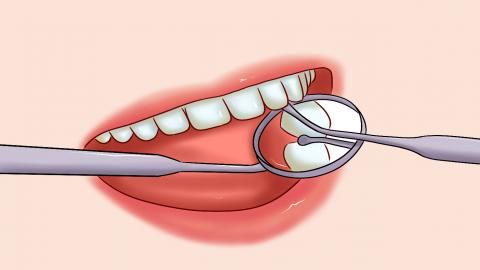Can blood blisters in the mouth be punctured?
Generally, whether a blood blister in the mouth should be punctured depends on its size and associated symptoms. Small blisters without significant discomfort do not require puncturing and can be absorbed naturally. Large blisters that interfere with eating or speaking should not be punctured at home and must be handled cautiously. Detailed analysis is as follows:

If the blood blister is small—about the size of a grain of rice or a soybean—and causes no obvious pain or foreign body sensation, it usually does not need to be punctured. The oral mucosa has a strong self-repair capacity, and such blisters will typically resolve spontaneously within 3–7 days. During this time, avoid irritating the area to allow natural healing; self-puncturing may increase the risk of infection.
When the blister is large—such as the size of a broad bean—and causes difficulty eating or speaking, or is accompanied by noticeable swelling and pain, it is still not advisable to puncture it yourself using needles, toothpicks, or similar objects. These tools are often non-sterile and may introduce bacteria, leading to infection. In addition, improper handling could cause increased bleeding or damage to surrounding mucosal tissue. If medical intervention is needed, sterile instruments and proper disinfection procedures should be used.
In daily life, maintain a light diet and avoid excessively hot, hard, or sharp foods to prevent biting or scratching the oral mucosa, which can lead to blood blisters. Rinse your mouth with warm water after meals to keep the oral cavity clean.




